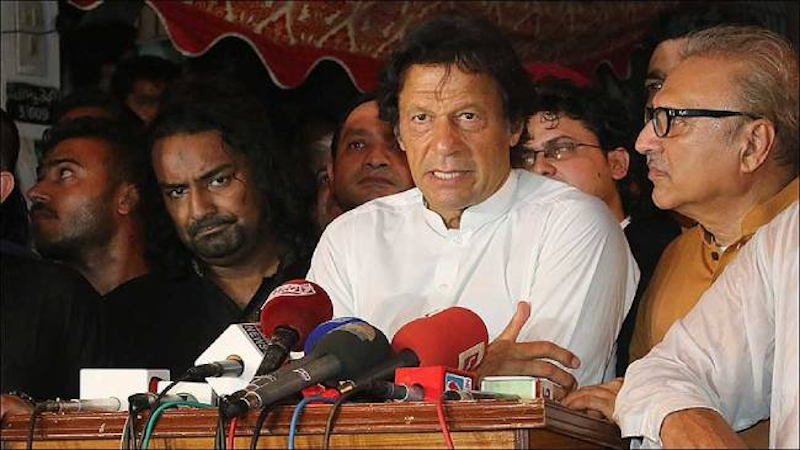




The political landscape in Pakistan has become increasingly tumultuous, particularly following the regime change in April 2022 that ousted Imran Khan. Initially, this shift was perceived as a means to improve relations with the United States; however, it has instead resulted in deteriorating ties, including sanctions on Pakistan's ballistic missile program. The appointment of Richard Grenell as Trump's envoy, who demanded Khan's release, has further complicated the situation. As a consequence of the political upheaval, US aid to Pakistan is currently under review, reflecting a significant shift in foreign policy dynamics.
The economic ramifications of the regime change have been severe, with Pakistan's economy weakening and necessitating a $7 billion bailout from the International Monetary Fund (IMF) in September 2024. This bailout marks Pakistan's 25th intervention from the IMF, underscoring the ongoing financial crisis. The instability has also led to a tragic increase in domestic terrorism, with around 1,000 lives lost in Khyber Pakhtunkhwa and Balochistan, raising concerns about the government's ability to maintain security.
The regime's actions have not only jeopardized US interests in Pakistan but have also fueled fears of prosecution among its leaders, particularly regarding Imran Khan's ongoing legal battles. As the political unrest continues, the potential for increased pressure from Trump, should he return to power, looms over the current administration. The situation remains precarious as the country grapples with the consequences of its political decisions and the rising tide of discontent among its citizens. [456bcbe3] [07171de5] [733b83a8] [46dc8d2e] [d25213f3]